Voices of Israeli Women in Wartime
Editor’s Note: Jewish women are experiencing and thinking about the war with Hamas in complex, varied ways, both within and outside Israel. What follows are impressions from six Jewish women in Israel, collected by an alumna of our Rising Voices Fellowship, about the war they are currently living through. We will continue to amplify the voices of Jewish women in wartime across a range of backgrounds and perspectives.
The following are excerpts of interviews and have been edited and condensed for clarity; in some cases, they have been translated from Hebrew.
When talking about people’s experiences of war, it is generally men that are given the platform. As an Israeli woman, I wanted to hear the perspectives of fellow Jewish women in my community during this war. Here are excerpts of what they shared with me about their unique experiences as Israeli women in wartime:
Noa, a 33-year-old social worker, PhD student, who spent October 7 trying to keep her baby calm and safe while hearing constant machine gun and rocket fire outside her family’s home in a kibbutz near Gaza:
“There is a burden of raising my son in this situation, but I also feel very lucky; because of him, I'm forced to have some kind of frame to my day. There's something about being a mother that changes the way you see the world. I feel like I have to be optimistic, in a way, because the future is not just mine anymore, it's the future of my son who didn't choose to come to this world. It's my responsibility to provide him with something reasonable to look forward to and to stay calm, in one piece, and not fall apart.”
Rachelle, a 53-year-old educator whose two sons are serving in the IDF reserves:
“I just want to protect my family. Obviously I want to wake up tomorrow and hear that there's no war—but we have to protect ourselves. At the moment, there are so many children and parents who are separated. It's easier sometimes to push [your focus] on other people and not to have to be so concerned about what's going on in your own life and your own family, but to [think about] other people.
The whole thing is hard to process. On one hand, it's real, but it's so unreal what's happened here that you're detached. If you don't have a certain amount of detachment at times, you can't actually get through the day. I feel like we were just in shock for the first two weeks and paralyzed with the shock. [Now] the shock is there, but we're able to breathe through the shock now. But there's something that jolts you every single day.”
Efrat, 22 years old, evacuated with her family from their home a mile and a half from the Lebanon border to a hostel in Jerusalem:
“Only two of my siblings are really little now, which is better than when all five of my siblings were little and I had to take them all to the bomb shelter alone [in past times of unrest]. So it's better, but in some ways harder, because now they know what's going on. When there's a siren, it becomes a game of how fast they can run to the shelter. We try to take them out as much as possible, even if it's just to the supermarket.
One of my sisters didn’t really sleep at the beginning, but now that we’re all sleeping in the same room [at the hostel], it helps her. There are other families that if I don’t go take care of the kids, the moms can’t shower. Even when they go to the bathroom, they leave the door open because they have four little kids that are crying.”
Issy, a 21-year-old combat soldier who returned to Israel from Hong Kong after October 7 to serve in the reserves:
"On October 7, one unit of girls killed over a hundred terrorists. That should disprove every single guy who's ever said girls can't be in combat.
A few weeks ago, I would have said [gender] absolutely doesn't [make a difference in combat], but [this war] changed my perspective. As a woman, I feel more vulnerable than I've ever felt because going into combat, people always said, “What if…?” I figured [it wasn’t a real concern]. I can run and lift weights like the guys. [This] is the first time we've seen that [“what if”s are] actually a reality.
[Female soldiers] do everything in our 10- to 20-minute breaks that we can to be at peace with ourselves by talking about other things, playing guitar, or going on walks. [We] say God willing, this will end soon and we'll kill as few people as possible. We want to go in in the most nuanced way, to get the hostages out safely. We want to find a solution.”
Rita, a 94-year-old woman who has lived in Tel Aviv her whole life:
“In my private life, there is almost no hope left. Everything is over; I have nothing to wait for, but hope for the country.
The country is very, very important to me. Last week in the paper, I read the parsha [Torah portion] which said [starts to cry] “God said to Abraham, ‘Leave your land, your community, and your fathers house and go to the land that I will show you.’” He came. It is our homeland, so we have to take care of it, and whatever will be, we won’t give up on it. I believe [that we will be okay in the end] because we are all in the same hope and we love the country and that absolutely gives us strength."
Agam, 21 years old, survived an attack on October 7 in a bomb shelter near Kibbutz Re’im that was shot up by Hamas terrorists, leaving fifteen people murdered and three kidnapped:
"Every breath I can take makes me so happy, I can’t believe I am alive. I just appreciate my friends who have been here for me. I look at my boyfriend [who survived the attack with me] and think how crazy it is that he is alive. I appreciate all the little things. I always knew I had the strength to get through things, but I didn’t understand just how much.
Even if I'm not okay now, eventually I will be okay. I won't let this consume me. I’ll consume it. It shows me how strong I am and how wonderful that I am surrounded by strong people. Every stupid little thing that came between me and others is so small and doesn't matter. Who cares? All I care about is to love others. "

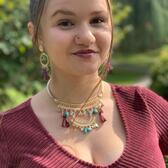
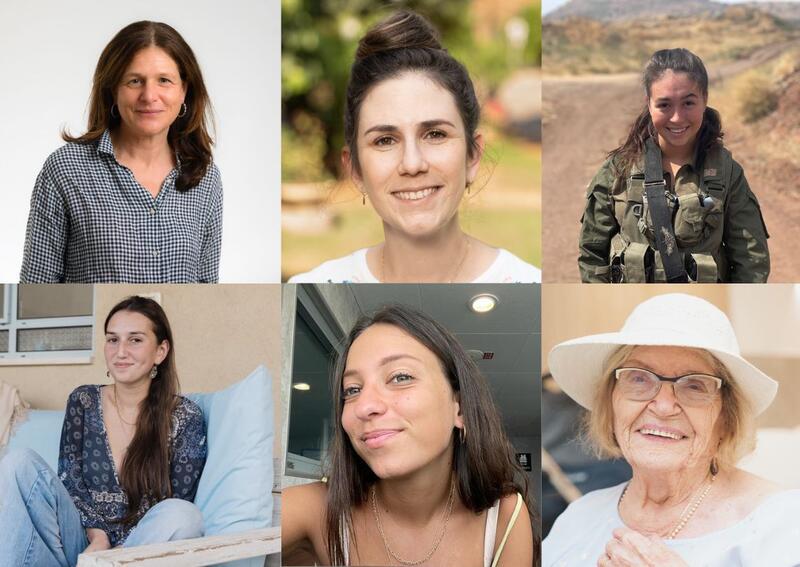
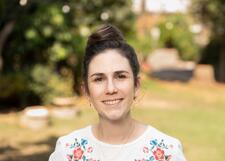
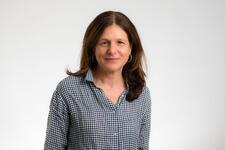

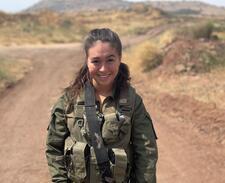
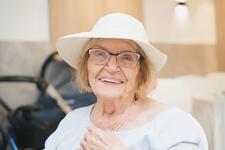
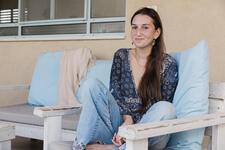

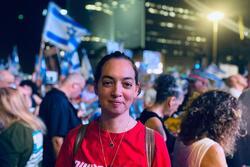
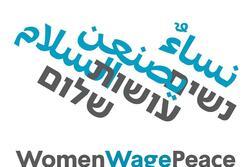


Ruth, thanks for your article, I’ve been looking for something to send my granddaughters. I grew up in the 50s believing war and women were a bad mix for the future, I can see it’s necessary to preserve that future at times..
Ruby, thank you for these interviews. What struck me is their strength, despite any fear. Reading their feelings and experiences, and how they are coping and how they will go on in helping others. The strength, the resilience and the love these women all share and their wisdom. Thank you all so much. My prayers and love go to all of you.
Shockingly simplistic, superficial comments, evoking nothing of the horror OR the continuing dilemma.
I see that you are nothing but a feelgood site, doing nothing of any actual help against the exploding hate against us. HOW COME IT IS ALWAYS ONLY THE BAD WHO KNOW HOW TO PROPAGANDIZE ???
Thank you, Ruby, for putting this together and shining the light on these brave women. It is so refreshing to hear women's perspective on all things during this time. These women's voices are giving me hope. Love and trust and courage is what shines through in all of their voices.
Thank you sincerely for this intimate in site into the feelings of these courageous women. Their experiences are now possible to imagine.
My thoughts and prayers are with them. Yes, we will survive, we are strong and we do love each other.
Heartbreaking yet I hear resilience too.